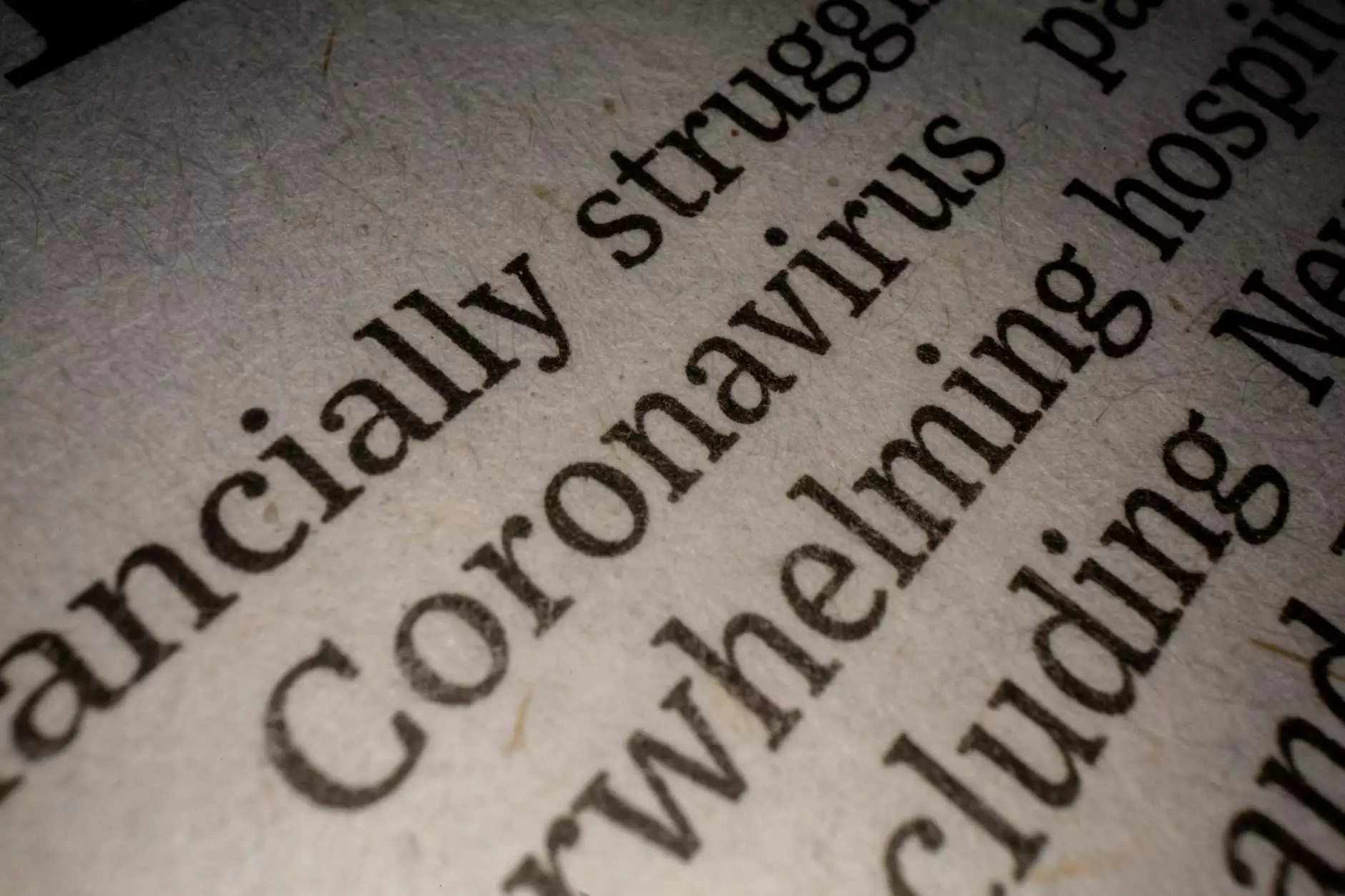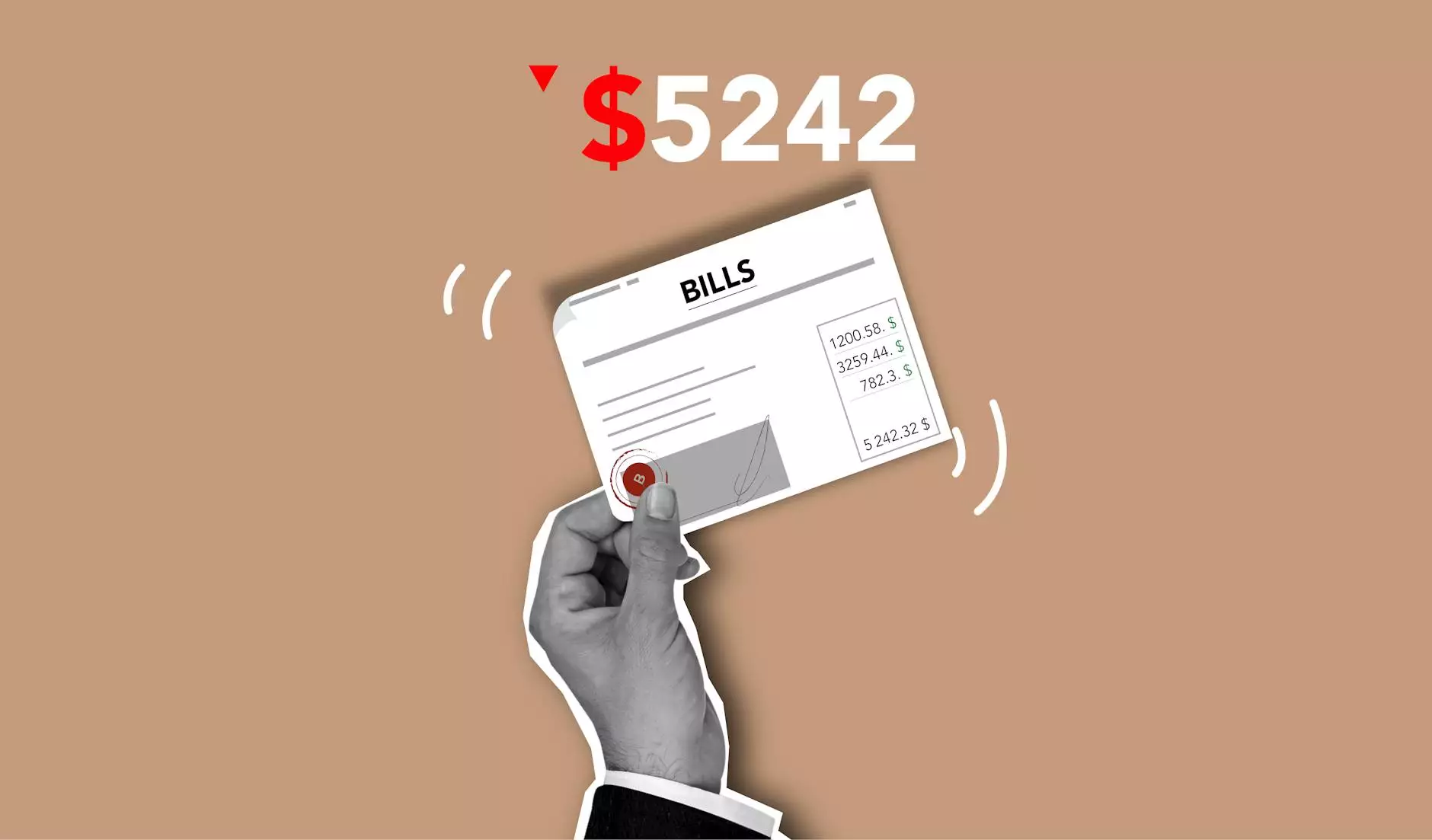What to Look for on Your Credit Reports
Financials & Reports
The Importance of Credit Reports
Credit reports play a crucial role in determining your financial health. They provide a comprehensive overview of your credit history, including your borrowing and repayment habits. By understanding what to look for on your credit reports, you can make informed financial decisions and take steps to improve your credit score. Social Service of America is here to guide you through the process and help you achieve your financial goals.
1. Personal Information
Begin by reviewing the personal information section of your credit reports. This includes your name, address, social security number, and date of birth. Ensure that all the information is accurate and up to date. Any errors in this section could lead to potential identity theft or inaccurate reporting, so it's essential to address them immediately.
2. Account History
The account history section provides details about your various credit accounts, such as credit cards, loans, and mortgages. Pay close attention to the following:
2.1 Payment History
Check whether your payments were made on time or if there are any late payments, defaults, or delinquencies. Timely payments have a positive impact on your credit score, while late payments can lower it.
2.2 Credit Utilization Ratio
Review the percentage of available credit you are utilizing. Ideally, you should aim to keep your credit utilization ratio below 30%. Higher utilization can signal financial instability and impact your creditworthiness.
2.3 Credit Inquiries
Look for any recent credit inquiries. Multiple inquiries within a short period can indicate a higher credit risk. Ensure that you recognize and authorize all inquiries listed.
3. Public Records and Collections
This section provides information on bankruptcies, tax liens, judgments, and collection accounts associated with your credit history. It's crucial to address any negative items promptly and take steps to resolve them. Negative records can significantly impact your creditworthiness and make it challenging to obtain credit in the future.
4. Credit Score
Most credit reports also include your credit score. This numerical representation summarizes your creditworthiness. Higher credit scores indicate a lower credit risk, making it easier to qualify for loans and secure better interest rates. Take note of your credit score and monitor changes over time.
5. Dispute Inaccuracies
If you spot any errors or discrepancies on your credit reports, it's crucial to take immediate action to dispute them. Contact the credit reporting agencies and provide the necessary documentation to support your claim. Social Service of America can guide you through this process, ensuring that your credit reports accurately reflect your financial history.
Conclusion
Understanding what to look for on your credit reports empowers you to take control of your financial future. By regularly reviewing your credit reports, addressing errors, and making responsible financial choices, you can improve your creditworthiness and achieve your long-term financial goals. Trust Social Service of America for comprehensive information and guidance in navigating the world of credit reports.
- Home
- Blog
- About Us
- Contact










